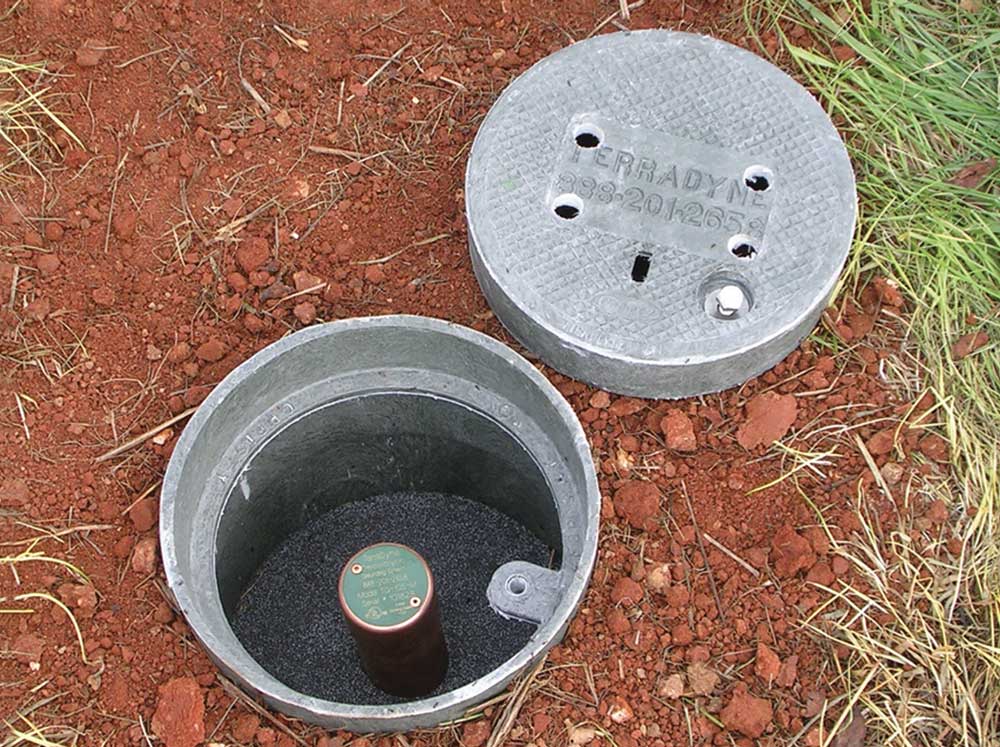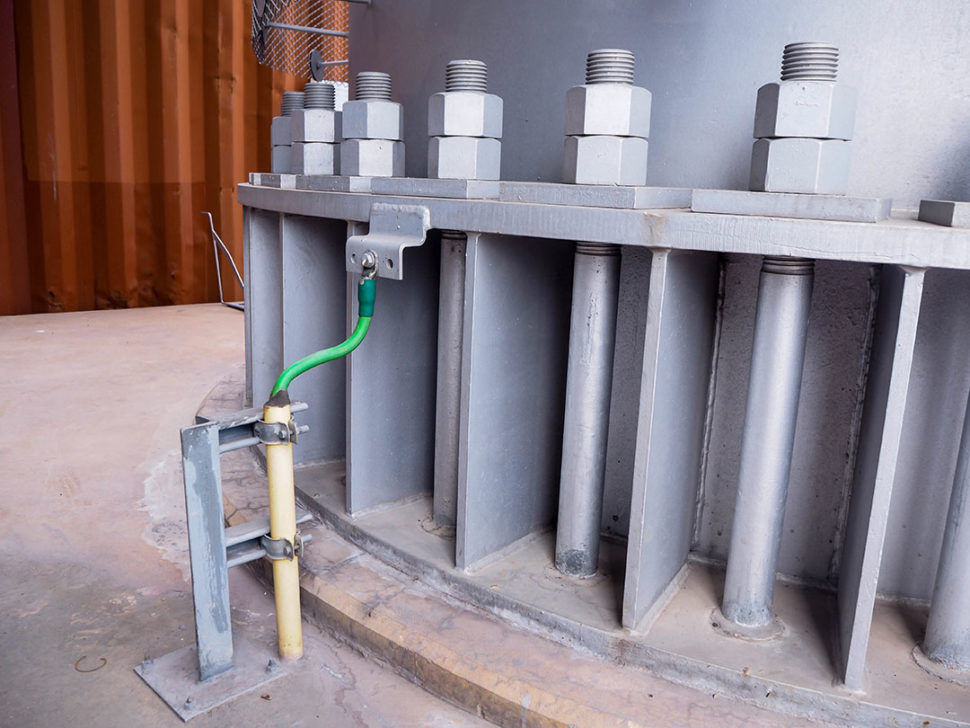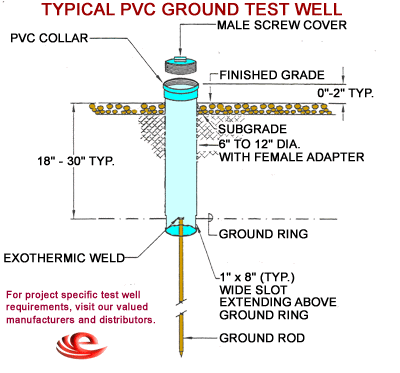Electrical Ground Well
Are you concerned about the safety of your electrical system? Do you want to make sure that your electrical equipment is functioning correctly? If so, then you need to learn about electrical grounding wells.
Pain Points of Electrical Ground Well
There are several pain points that people experience when it comes to electrical grounding wells. One of the most common pain points is the lack of knowledge about this important topic. Many people don't realize the significance of maintaining a proper electrical grounding system in their homes or businesses. This can lead to serious safety issues, such as electrical shock and fire hazards.
What is Electrical Ground Well?
Electrical ground wells are a crucial component of any electrical system. The purpose of an electrical ground well is to reduce the risk of electric shock and to protect equipment from damage caused by lightning strikes or power surges. This is achieved by creating a direct connection between the electrical system and the earth. The earth acts as a vast reservoir of electrons that can safely absorb any excess electrical charge.
Main Points Related to Electrical Ground Well
When it comes to electrical ground wells, there are a few things that you need to keep in mind. First and foremost, it is essential to maintain a proper grounding system to ensure the safety of your electrical equipment and reduce the risk of electrical shock. Secondly, you should always hire a qualified electrician to install and maintain your electrical grounding system. Lastly, if you experience any issues with your electrical system, such as power surges or flickering lights, then you should immediately contact a professional to investigate the problem.
The Significance of Electrical Ground Well
Electrical ground wells are incredibly important for the safety of your electrical system. Without a proper grounding system, you run the risk of electrical shock and serious damage to your equipment. The ground well provides a path of least resistance for electrical currents, allowing them to safely flow into the earth. This protects your equipment from damage caused by electrical surges or lightning strikes and reduces the risk of electrical shock to people.
Importance of Hiring a Qualified Electrician
When it comes to installing or maintaining your electrical grounding system, it is crucial to hire a qualified electrician. A qualified electrician will have the knowledge and expertise needed to ensure that your grounding system is properly installed and functioning correctly. They will also be able to diagnose and fix any issues with your electrical system, ensuring the safety of your home or business.
Types of Electrical Grounding Systems
There are several types of electrical grounding systems. The most common types are the rod and pipe, plate, and grid systems. The rod and pipe system involves sinking a metal rod or pipe into the earth and connecting it to the electrical system. The plate system involves burying a large metal plate in the ground and connecting it to the system. The grid system involves burying a grid of interconnected metal plates in the earth and connecting it to the electrical system.
Benefits of Electrical Grounding System
The benefits of an electrical grounding system are numerous. Not only does it protect your equipment from damage caused by electrical surges or lightning strikes, but it also reduces the risk of electrical shock to people. Additionally, it ensures that your electrical system is functioning correctly, reducing the risk of power outages, flickering lights, and other issues.
Question and Answer
1. Q: What is the purpose of an electrical grounding system?
A: The purpose of an electrical grounding system is to reduce the risk of electric shock and to protect equipment from damage caused by lightning strikes or power surges.
2. Q: How does an electrical grounding system work?
A: An electrical grounding system creates a direct connection between the electrical system and the earth, allowing excess electrical charge to safely flow into the earth.
3. Q: What are the different types of electrical grounding systems?
A: The most common types of electrical grounding systems are the rod and pipe, plate, and grid systems.
4. Q: Why is it important to hire a qualified electrician for electrical grounding system installation?
A: A qualified electrician will have the knowledge and expertise needed to ensure that your grounding system is properly installed and functioning correctly.
Conclusion
It's essential to understand the significance of electrical grounding wells and the importance of maintaining a proper electrical grounding system. By following a few simple steps, such as hiring a qualified electrician and keeping your system well-maintained, you'll be able to ensure the safety and effectiveness of your electrical equipment. Don't neglect this critical aspect of your electrical system's performance - stay safe and stay grounded!
Gallery
Ground System Resistance Vs Impedance - ALLTEC - Lightning Protection

Photo Credit by: bing.com / grounding impedance electrode effectiveness determining acceptable
Blog | Reasons Why Grounding Of Electricity Is A Must

Photo Credit by: bing.com / grounding electricity why reasons must
The Importance Of Proper Electrical Grounding - SafetySkills

Photo Credit by: bing.com / grounding safetyskills
Electrical Grounding
Photo Credit by: bing.com / electrical grounding electric wells electricity
Grounding - Test Well - Installation

Photo Credit by: bing.com / grounding installation
0 Response to "Electrical Ground Well"
Post a Comment